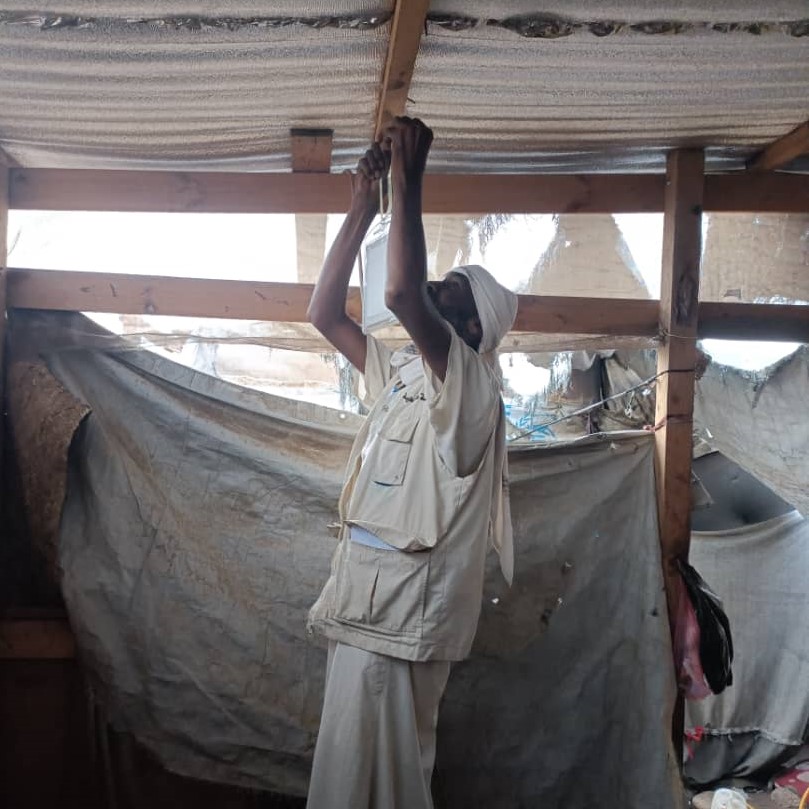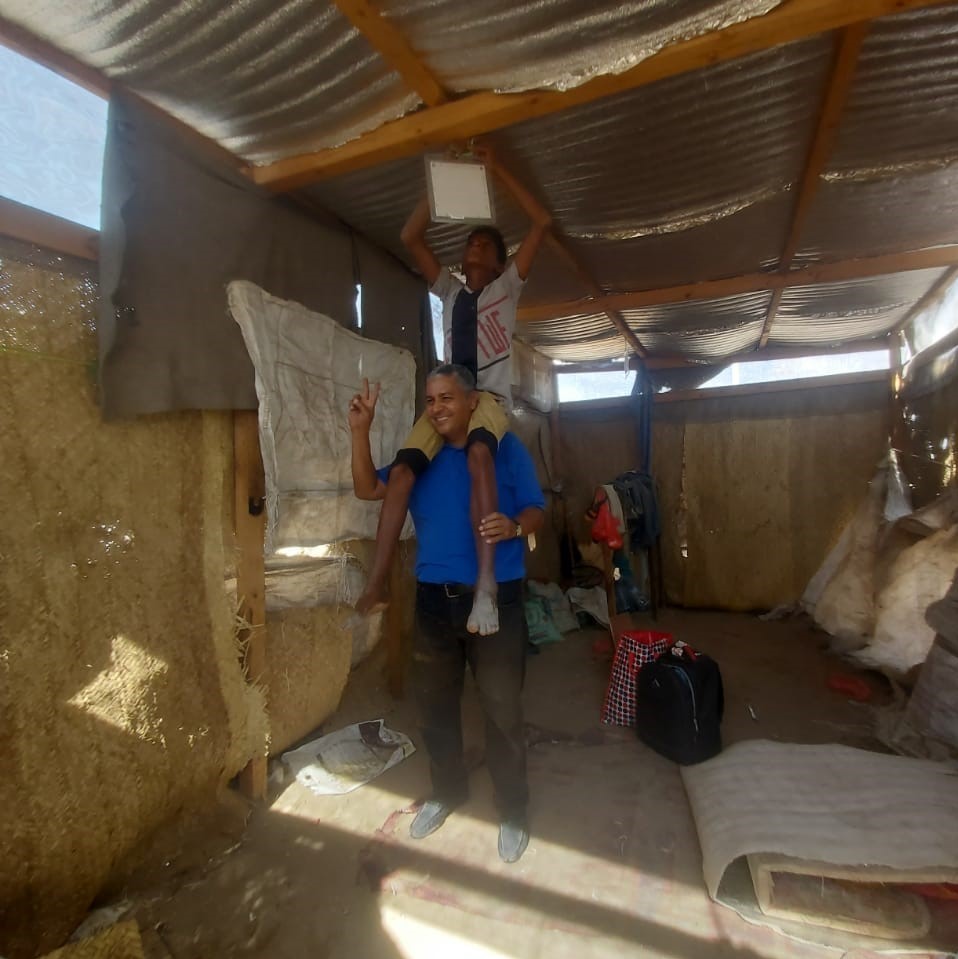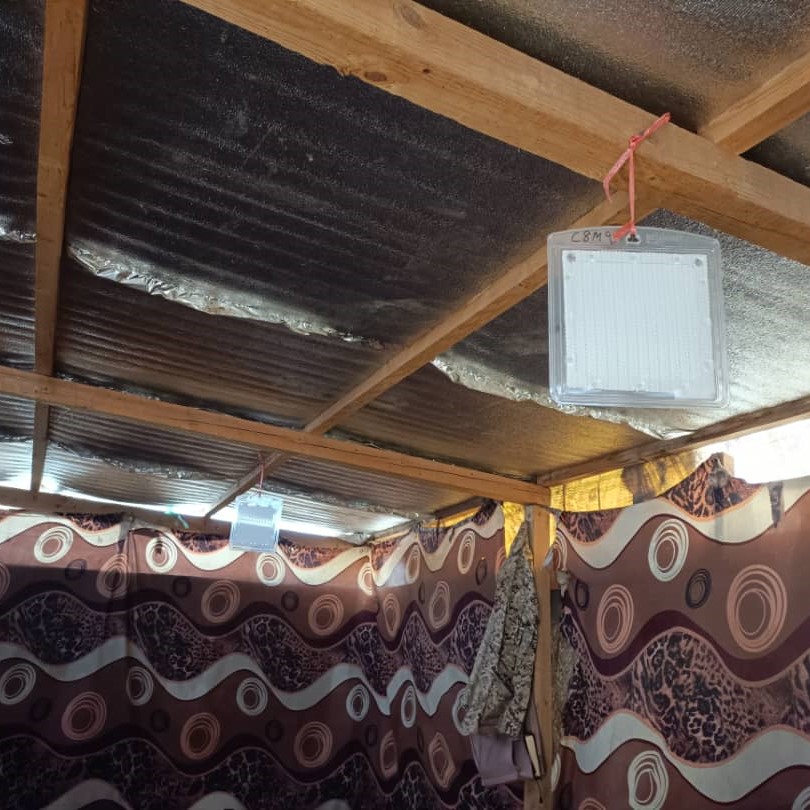The MENTOR Initiative
The MENTOR Initiative acts in some of the world’s most austere and vulnerable communities, who are often devastated and forgotten. Regardless of race, creed or nationality, MENTOR strives to deliver disease control to populations at greatest risk of suffering and death. The MENTOR Initiative saves lives in emergencies through tropical disease control and then stays to help people recover from crises with dignity, working side-by-side with communities, health workers and health authorities to leave a lasting impact.
Providing Help in Times of Crisis
Conflict zones and crisis settings are rife with the potential for disease outbreaks due to under-resourced health systems, lack of water and sanitation infrastructure, cramped living conditions, and weakened immune systems..
Nigeria’s Borno State is the epicenter of a decade-long, violent conflict between government and opposition forces that has left more than 7 million people displaced and in need of humanitarian assistance.
Yemen is home to one of the largest humanitarian crises in the world. After years of civil war, around 23.4M people, including almost 13M children, are in dire need of emergency aid.
More than 4M people were forced to flee their homes due to the fighting and are displaced, with many living in refugee camps where access to basic services is non-existent.
To help combat the rise of disease in conflict settings in Yemen, Nigeria and Syria, SC Johnson provided our Mosquito Shield™ and Guardian™ spatial repellents to The MENTOR Initiative, helping protect 149,000 people from vectors and the diseases they may carry throughout these 3 countries.
SC Johnson joined with the MENTOR Initiative and the United Nations Foundation to supply disinfectant kits to 100 health facilities that serve 2 million residents living in the most crisis-affected communities in Borno State. Similar initiatives, reaching at additional 2 million people, were launched in Central African Republic and Mozambique.
It's a no-brainer. With better access, more people will continue to be able to access healthcare, diagnosis and treatment, and will survive. Whilst it seems left of field, it's absolutely dead center of malaria control for Borno State and for many other humanitarian crises."
Malaria knows no borders, and internally-displaced people, often forced to flee their homes to find refuge in a foreign country, may suddenly find themselves with little ability to communicate effectively.
We partnered with the MENTOR Initiative on a UNICEF co-funded study in Wajir, Kenya to pilot a spatial repellents distribution program in a real-world setting.
The program’s goal was to determine if simple pictographs could sufficiently instruct users how to properly use spatial repellents. Distributed as part of an integrated vector control kit, containing several different interventions, results were favorable – 80% of users understood the instructions and purpose of our spatial repellents, despite having no previous experience with spatial repellents.
Additionally, entomological evidence indicates the kits reduce mosquito numbers, with spatial repellents emerging as one of the most promising interventions.





